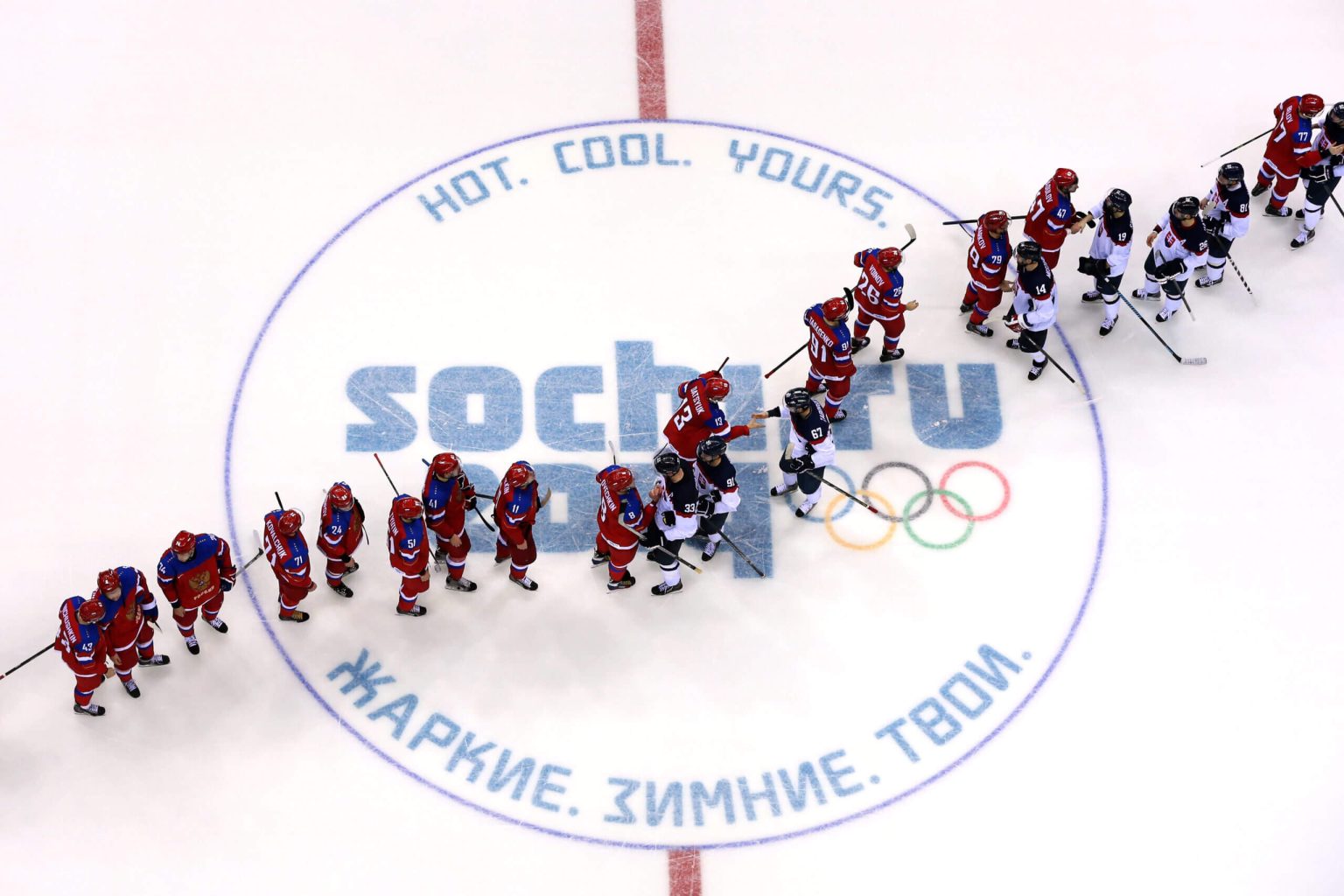The International Ice Hockey Federation banned Russian athletes from participating in international hockey events following Russia’s invasion of Ukraine in February 2022. This move has received heavy support from European nations, with many believing that the ban is justified given the circumstances. The ban is expected to continue, with the possibility of Russian teams returning for the 2026 Milan Olympics growing dimmer as the conflict persists. The IIHF extended the ban on Russia and Belarus through 2025, with a decision regarding their participation in the 2026 Olympics to be made next winter.
The ban on Russian and Belarusian athletes participating in international competitions has had a significant impact on the world of hockey. Many countries, including Sweden, Finland, Czechia, Latvia, and France, have explicitly banned players from the Russian-based KHL from being eligible for national team duty. The Swedish Ice Hockey Federation issued an indefinite national team ban on KHL players, citing the importance of upholding fundamental values. The impact of the ban was evident at the 2021 world championship, where Russian teams were absent, marking the first time in recent history that the country did not compete.
International competition is seen as a privilege, and the decision to allow Russian teams back into the fold will likely depend on the resolution of the conflict in Ukraine. Finnish players and coaches believe that Russia must stop its military activities before considering a return to international hockey. Comparisons have been drawn to the situation in Germany after World War II, with it taking eight years for West Germany to be permitted to compete internationally. The proximity of Finland to Russia adds another layer of complexity to the situation, with both countries sharing a border and a history that includes the Winter War in 1939.
The global hockey community has largely moved on from the absence of Russian teams in international competitions, with this year’s IIHF World Hockey Championship setting attendance records and delivering a compelling competition. While the topic remains sensitive for many players and executives who may have personal connections to Russia, national federations have taken a firm stance on the issue. Kazakhstan was the only country at the world championship to include a player from the KHL, highlighting the widespread support for the ban on Russian athletes.
The IIHF’s decision to extend the ban on Russia and Belarus through 2025, coupled with the uncertain future of their participation in the 2026 Olympics, underscores the severity of the situation. National federations have taken proactive measures to ensure that players from the KHL are not eligible for international competition, sending a clear message about the values upheld in the world of hockey. The war in Ukraine must come to an end before any consideration is given to allowing Russian teams back into international hockey competitions.
In the meantime, the focus remains on supporting the current players and teams competing in international events, with the hope that the situation will eventually be resolved. The absence of Russian teams has not detracted from the excitement and success of recent world championships, with fans and players alike embracing the spirit of competition. As the global hockey community continues to navigate the challenges posed by the conflict in Ukraine, the unity and resilience of the sport remain on full display.


